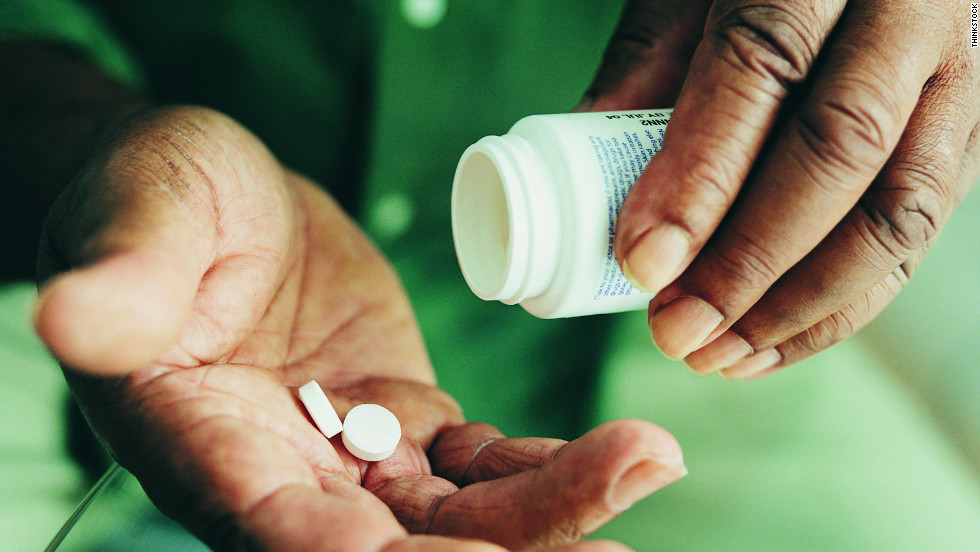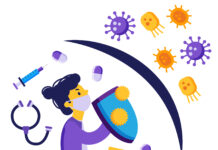You must have heard your pharmacist tell you at a point in time “use this medication after food or together with food” or “ensure not to use these two medications at the same time to prevent drug interactions, use drug X two hours after using drug Y”. But have you ever wondered why this is so?
Do Pharmacists and Physicians give these instructions only to add a theatrical effect or do they give them to help optimize drug action and ensure you get the required therapeutic benefit from the drug? The latter seems more like it but let’s take a look!
The drug in the human body
A drug is any substance that can be used to prevent, diagnose or treat a disease condition. Another notable thing about drugs is that they have to be consumed or come in contact with the human body before they can elicit a response.
But drugs are not peculiar in terms of being ingested or coming in contact with the human body. Several other compounds are consistently being ingested or coming in contact with the body on a daily basis.
These other compounds (including other drugs) when ingested or brought in contact with the body at the same time with drugs can: 1.) Increase the drug’s effect 2.) Decrease the drug’s effect 3.) Produce an adverse effect in the body 4.) Produce no effect. This is why counseling based on previous studies of these drug interactions are importantly given to you when getting your medications.
Drug interactions
As said, drugs can interact with different forms of other compounds when brought into the body at the same time. There are several substances that drugs can interact with but we will only be considering four major drug interactions which include: drug-drug interactions, drug-food interactions, drug-herb interactions, drug-alcohol interactions.
Drug-drug interactions
Drugs when used with other types of drugs can interact with one another. Not all drugs should be used at the same time and most times, your pharmacist would have provided you with the adequate counseling on how to correctly space out these drugs. It is important to follow these counsel because sometimes, drug-drug interactions can result in decreased effect of the drug or even adverse effects.
For instance, antimalarial drugs such as Artemether/Lumefantrine should not be taken simultaneously with vitamin C as this can decrease the effect of the antimalarial drug. It is possible to have malaria and cold at the same time and thereby require both medications, the important thing is that both drugs are adequately spaced from each other when being used and such counseling would have been provided at the point of getting the drug.
Drug-food interactions
Many people are of the belief that all drugs must be taken with food but this is not true. In fact, there are drugs that are to be taken before you eat in order to obtain optimum therapeutic effect. For example, common anti-ulcer medication, Omeprazole, is advisable to be taken thirty minutes before eating.
There are also some drugs that require you to avoid taking some types of food completely. For example, when taking Ciprofloxacin, an antibiotic drug, it is advised to avoid taking milk.
Drug-herb interactions
This is a very important drug interaction that can sometimes result in serious adverse effects and sometimes leading to death in some people. This mostly occurs when orthodox drugs are being co-administered with herbal therapies.
Most times, these herbal therapies are being used to treat the same illness as the orthodox drugs, this can result in overdosing and cause kidney and liver injuries. It is always advisable to stick to one treatment form, that is, whether only orthodox or only herbal therapies.
Drug-alcohol interactions
This is also very important and can cause severe adverse effects when it occurs. It is always advisable to avoid taking alcohol when using medications.
Some people go to the extent of using alcohol as a medium of swallowing or dissolving their drugs, this could be very dangerous and could even be fatal. For instance, using a drug like Metronidazole (Flagyl), an antibiotic drug, with alcohol can cause a “disulfiram-like reaction“. This involves extreme abdominal discomfort, nausea and prolonged vomiting.
Finally
Always consult your pharmacist or physician for clarity on how to properly use your drugs putting into consideration other drugs, food items, and herbs you might be using.
You can also take this quiz we have prepared for you to test your knowledge of drugs and drug use.











Viagra homme prix en pharmacie
Viagra sans ordonnance 24h